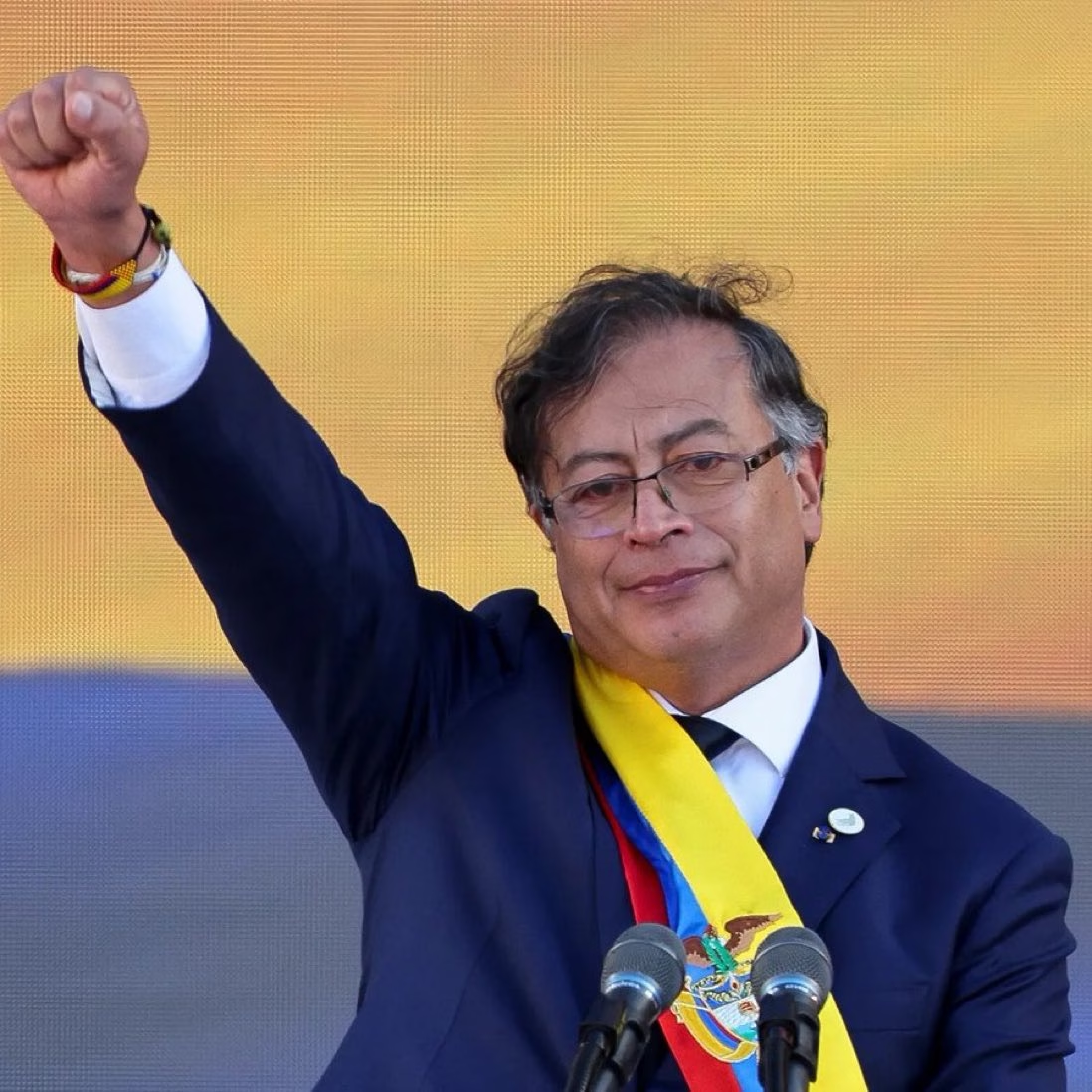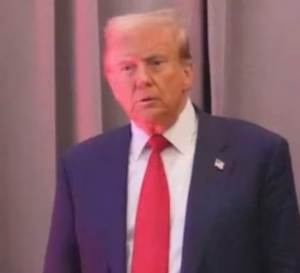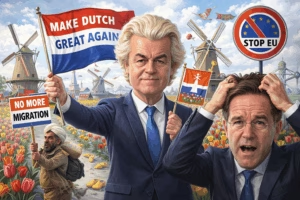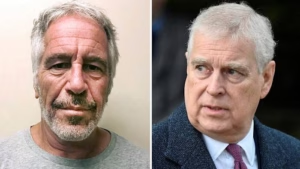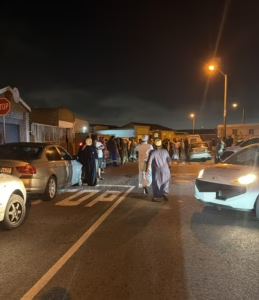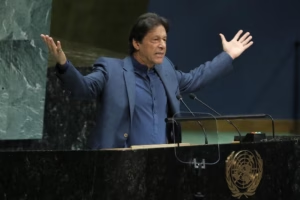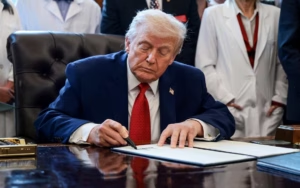Colombia’s President Gustavo Petro has announced that his government will withdraw from the free trade agreement with Israel and intends to renegotiate the deal currently in place with the United States. The decision reflects rising diplomatic and political tensions with both nations, particularly in light of Israel’s ongoing war in Gaza, which Petro has described as genocide.
The announcement followed shortly after a letter published by the Colombo-American Chamber of Commerce, where 500 businessmen publicly criticised the president’s position on the conflict. They emphasised their opposition to his condemnation of Israel, drawing a clear line between government policy and their commercial interests.
President Petro, however, rejected the stance of these business leaders. He argued that their position undermined basic humanitarian principles and placed profit above human life.
“Trade is not more important than life, as the 500 pro-gringo businessmen, who are not Colombian or do not appear to be, would have us believe. They are more interested in exporting trinkets to the United States than in preserving life on the planet.”
During a cabinet meeting, Petro declared that his administration would not tolerate economic models driven purely by profit motives. He stressed that Colombia must chart a different course in international trade.
“We are not the kind of business that bows down to greed and that means we will also reform the FTA and that means we will no longer have an FTA.”
This shift in policy has specific consequences for certain industries. Coal companies that export to Israel were singled out, with Petro stating that they would have no option but to cease operations or sell their concessions.
“The coal companies that export [to Israel] must fold or sell their concessions.”
Beyond the termination of the trade deal with Israel, the president directed his trade and transport ministers to prioritise infrastructure development aimed at boosting commerce within South America. Roads and transport links, he explained, should make trade with regional partners such as Ecuador and Venezuela more feasible.
Petro recalled a time when regional economic integration through the Andean Pact served Colombia’s industries and farmers more effectively than current agreements with the United States.
“We had the most powerful international trade agreement with the Andean Pact. And now the political satraps come out and say that it is with the United States. When was that the case? Our industrial goods were sold to Venezuela and Ecuador. There was always food trade in the Andean Pact. Why did we abandon the Andean Pact? To prioritise a free trade agreement with the United States that hurts us.”
As part of his broader foreign policy, President Petro also ordered the replacement of embassy personnel in Beijing. He claimed that efforts to strengthen ties with China were being undermined from within his own diplomatic corps.
Foreign Minister Rosa Villavicencio has been tasked with carrying out the changes, in line with Petro’s emphasis on expanding trade with Asia’s largest economy. Earlier this year, Colombia began deepening economic relations with China, a move that analysts interpreted as a countermeasure to what Petro described as a trade war initiated by former United States president Donald Trump.

